This book by professors Daniel M. Wegner and Kurt Gray is a blast. Their topic is sure to spark hours of philosophical reflection. How can readers know if they really are thinking or if the dog that’s watching them think is thinking? The authors have a lively sense of irreverent humor. Their chapters discuss different kinds of minds or minds in different contexts, adding up to a varied and multifaceted conversation. Anyone with a reflective or curious bent will enjoy the authors’ insights and anecdotes. getAbstract recommends this singular approach to those who are curious about self-knowledge, understanding the mind and seeing what different approaches to the mind have to offer.
What Is the “Mind Club?”
People wonder what others think and how they feel about their thoughts. These questions shape philosophy, daily life and the criminal justice system. People wonder what their pets understand, or if killers understand what they’ve done and can control their actions.
Any entity that thinks and feels belongs to the mind club. Assume that all people living a normal life belong to the mind club. Beyond that, make critical distinctions: Declaring someone brain dead shifts them from personhood to a source of organs. People use perception to make the best judgments they can. Mathematician Alan Turing codified the Turing Test, in which people ask questions without knowing if the answer is coming from a person or a computer. When they can’t tell the difference, is the computer functionally a thinking being?
More than 2,000 people took a “mind survey” evaluating and comparing various types of minds on a range of mental capacities. People place mental capacities on two axes: “experience” and “agency.” Experience refers to a being’s “inner life”: Can it feel, is it aware? “Agency” refers to “thinking and doing.” These factors relate...
Daniel M. Wegner was the John Lindsley Professor of Psychology in Memory of William James at Harvard University. Kurt Gray is an assistant professor at the University of North Carolina, Chapel Hill, where he leads the Mind Perception and Morality Lab.











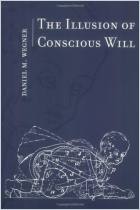
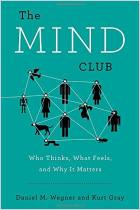
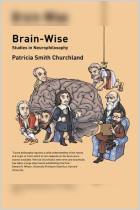
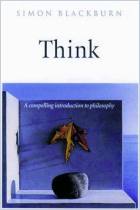
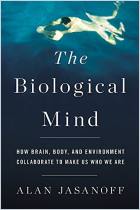

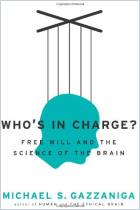


Comment on this summary or Diskussion beginnen